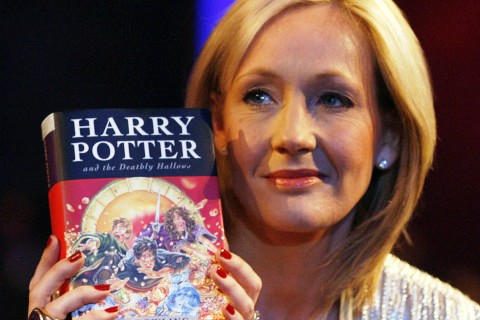 One of the most important and oft-cited tenets of marketing is to identify your target audience.
One of the most important and oft-cited tenets of marketing is to identify your target audience.
When it comes to books, an easy was to start doing this is through identifying your novel’s genre, thereby making your target audience the readers of said genre.
Many writers descry genre. I’ve hear it stated that genre conventions impose limits to creativity and the possibilities a writer can introduce into a story.
Some also claim that genre is a means by which the traditional publishing industry pigeonholes the market by only publishing stories adhering to this or the other trend, which ultimately comes to define various genres as a whole (e.g. the dystopian trend in YA).
Yet, whether one agrees with the above statements or not, genre is the means by which readers have been trained to locate books within the publishing landscape. Whether a book is traditionally published or self-published, it’s the GPS that helps lead readers to the promised land of similar content and fulfilled expectations.
According to bestselling sci-fi author Hugh Howey,
[W]riting within a genre is a huge first step in becoming discovered. No one is looking for you or your particular book. You are both unknown unknowns. So you better write a book that’s near a specific book…. Random fantasy books sell better than random randomness.
But what happens when your book doesn’t quite fulfill those expectations? What happens when it meets some of the conventions of its genre, yet blithely disregards others?
What happens if your book is like my book?
Continue reading →




